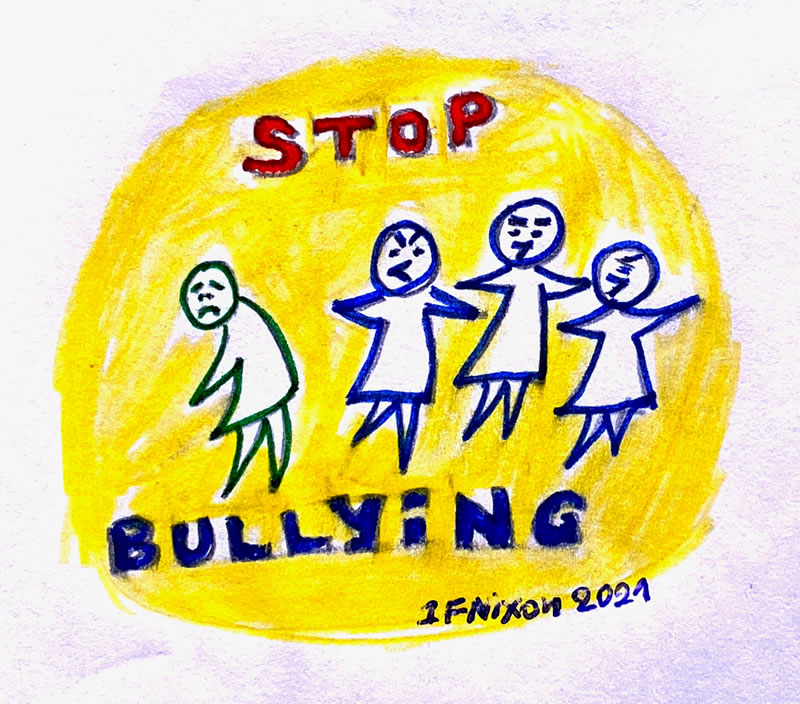
“What is bullying?”, Jack Wee Rabbit asked Dr Betty. “Is it acceptable? Is it normal? “
Today we are discussing this very popular, important and sensitive topic. Our good friend and psychologist Irene Klischiarchi is discussing with us what bullying is and how we as parents can tackle this.
All children matter and everyone has the power and responsibility to stop bullying behavior.
In recent years, the term bullying has entered our lives for good… We hear about it in the news, in the workspace, in schools, everywhere…What is bullying?
It is complex to define bullying, but fair to say it is a phenomenon that includes forms of violence. The word comes from the English word bully which means “bully”, which in turn comes from the Netherlands! But what about bullying at school? The term bullying at school is nothing more than “school bullying” and refers to the use of forms of violence between children. It is usually practiced by the “strong” to the “weak”. It involves harassment done deliberately, unprovokedly and systematically, in order to impose the “strong” and to humiliate the “weak”, by provoking either physical or mental torture.
The forms that school bullying can manifest are:
- Verbal bullying (irony, mockery, teasing, insults)
- Social bullying (disclosure of personal data, dissemination of rumors, isolation of the victim)
- Physical bullying (violence, beatings, indecent acts, hooliganism)
- Cyberbullying (threats via the internet, publication of personal moments with photos or videos).
What role can the family play?
It is crucially important for the parent to observe their child.
Children who have experienced or are experiencing bullying at school may not be able to talk openly about this with an adult. However, there are non verbal signs we can pick. These can be:
- Coming from school with bruises or scratches that they cannot justify, with torn or lost books, or without cell phones and even clothes.
- Complain that they are alone without friends, or they do not want to be around their classmates.
- They do not want to go to school
- Underperforming at school.
- Physical and emotional signs, such as decreased appetite, complaints of abdominal pain or headaches, bad mood, outbursts of anger.
These behaviors and signs should be the wake up call for the parent so they can stop the bullying and support their child.
But is school bullying a family issue? Are the parents “responsible”? Is it right to intervene or not? Can they catch up? How should they handle a situation? There are many questions. We will try to answer some of these questions today.
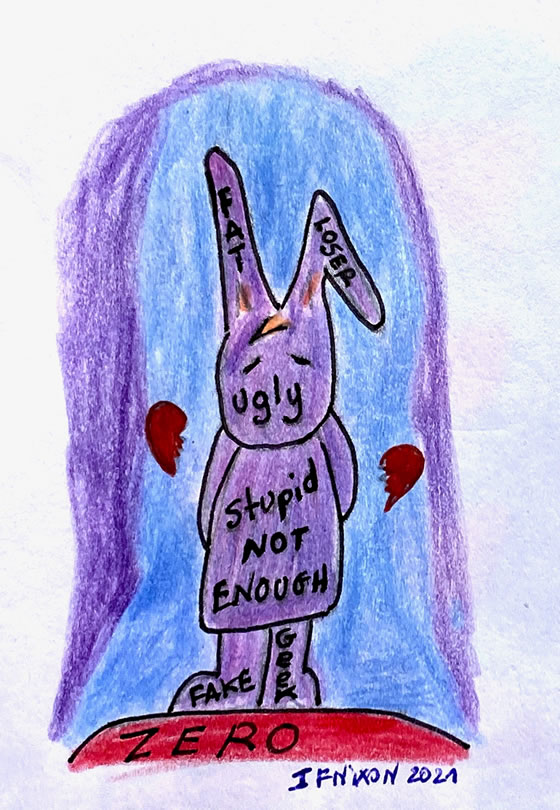
Research suggests that Children (victims) who are more likely to be bullied, have some mental or physical health problems (eg depression, overweight, high degree of myopia, high altitude, very low height, stuttering, etc.), avoid socializing (parties, school activities), have increased stress, have low self-esteem, reduce their own personality, prefer not to express their personal views. The family can support children to be self-confidence and have self-esteem. Reassure them of their self – worth and the value they bring to the world.
On the other hand, research suggests that children (perpetrators) who use violence, have frequently either suffered violence from the family themselves or imitate violent behaviors experienced in the family environment, may have experienced emotional or physical neglect. Once again family plays a crucial role in the upbringing of a “bully”.
How can family help the “victim” and the “bully”?
A parent can help the child “victim” to speak openly, to trust and encourage them to make new friends, and engage in extracurricular activities. The family should praise the child for his abilities, to actively “listen” without judgement. In other words, family can and should play core role in building up the child’s confidence, reassuring them it is safe to talk to them about any matters arising, reassuring them “they are there for them always”. Making the child know they are unconditionally loved and supported.
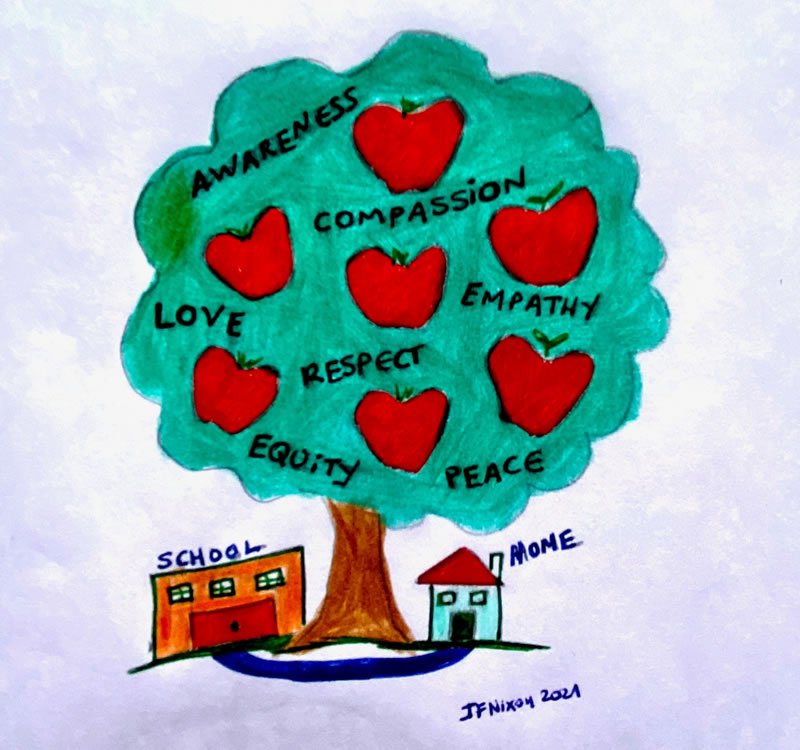
On the other hand, the child “perpetrator” needs help and support to defining a code of values, to manage anger and other negative emotions, understand boundaries and consequences and equally feel ‘heard”, loved and supported in the family.
Both children need a family environment that support self – awareness, self-acceptance and acceptance of boundaries. They need their family to enable them build relationships of trust and become the best self they can be, while always respecting others. Parental counselling can have a role in supporting parents .
What can a parent do to prevent it?
Start simple! Respect daily routine and teach boundaries. Spend quality time with the child and reward their efforts!
Above and beyond everything, let’s not forget: all children are a priority! All children are entitled to a wonderful life!
Irini Klisiarchi, parenting coach
Translation from Greek/illustrations, Ioanna Nixon

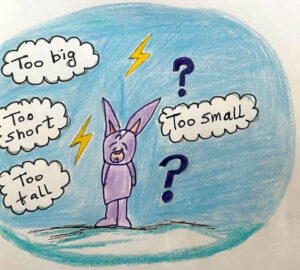

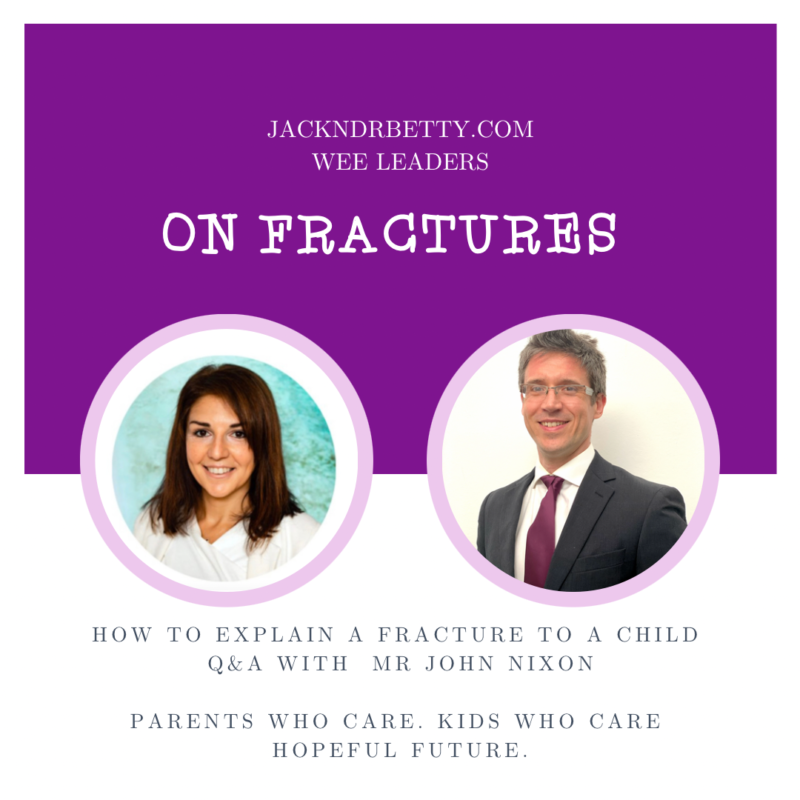


No comment yet, add your voice below!